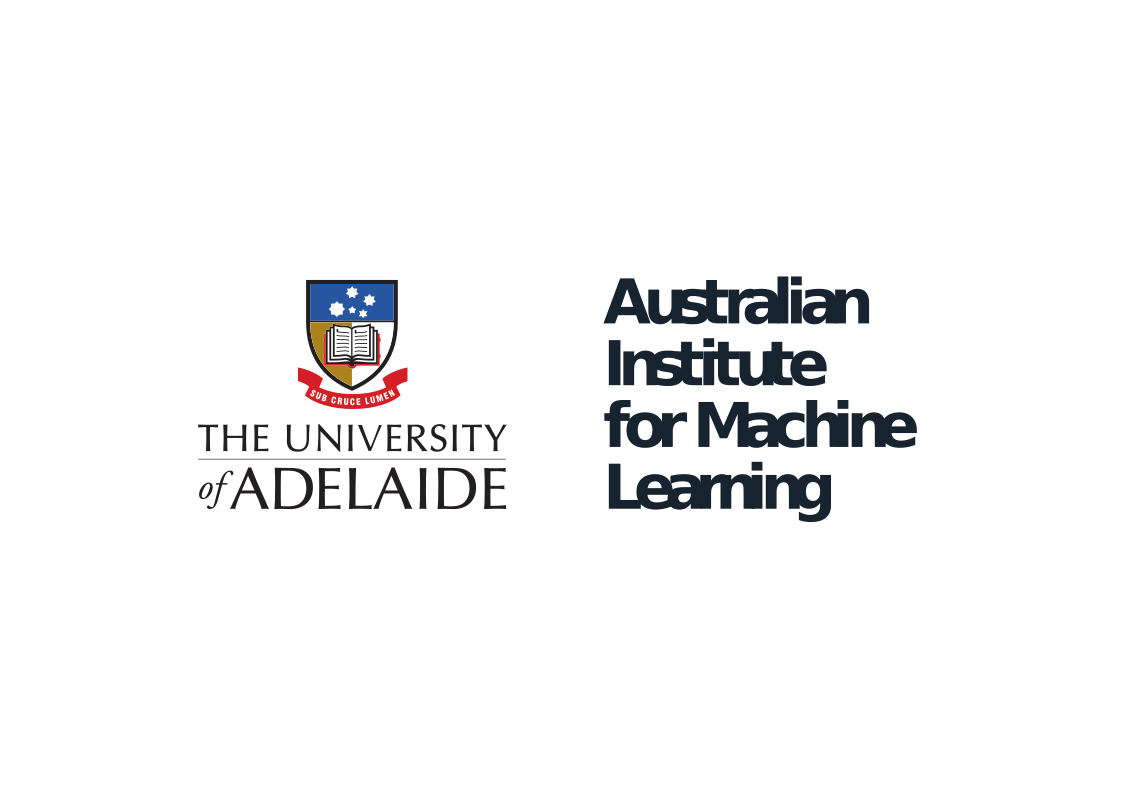The University of Adelaide’s Australian Institute for Machine Learning (AIML) is Australia’s first dedicated AI institute, tasked with championing globally challenging research and building the technology of the future.
Established as a partnership between the University of Adelaide and the Government of South Australia, AIML is the anchor tenant of the Lot Fourteen innovation district and has grown rapidly to become one of the largest university-based machine learning groups in Australia and one of the best in the world.
A global leader in fundamental and applied research, AIML has more than 180 members, including researchers, engineers, students, and professional staff, who make important contributions to Australia’s national AI capability.
AIML pushes the limits of what machine learning can do, and explores how it can be applied to almost every aspect of our lives.
Just a Quick Note:
InnovationsOfTheWorld.com has partnered with Trade License Zone (TLZ) to support global innovators looking to expand internationally. Take advantage of the UAE’s Free Zones—enjoy streamlined setup, low corporate taxes, and a strategic gateway to the Middle East and beyond.
Get Your UAE Free Zone License Fast & Easy!Machine learning underpins the business models of the world’s largest corporations, and has the potential to deliver great social, economic, and environmental benefits.
AIML’s researchers and engineers collaborate with world-leading companies to develop high tech solutions to tricky problems. The institute’s industry and business partners include leaders in many fields, such as agriculture, space, medicine, transport, defence, cybersecurity, and the creative sector.

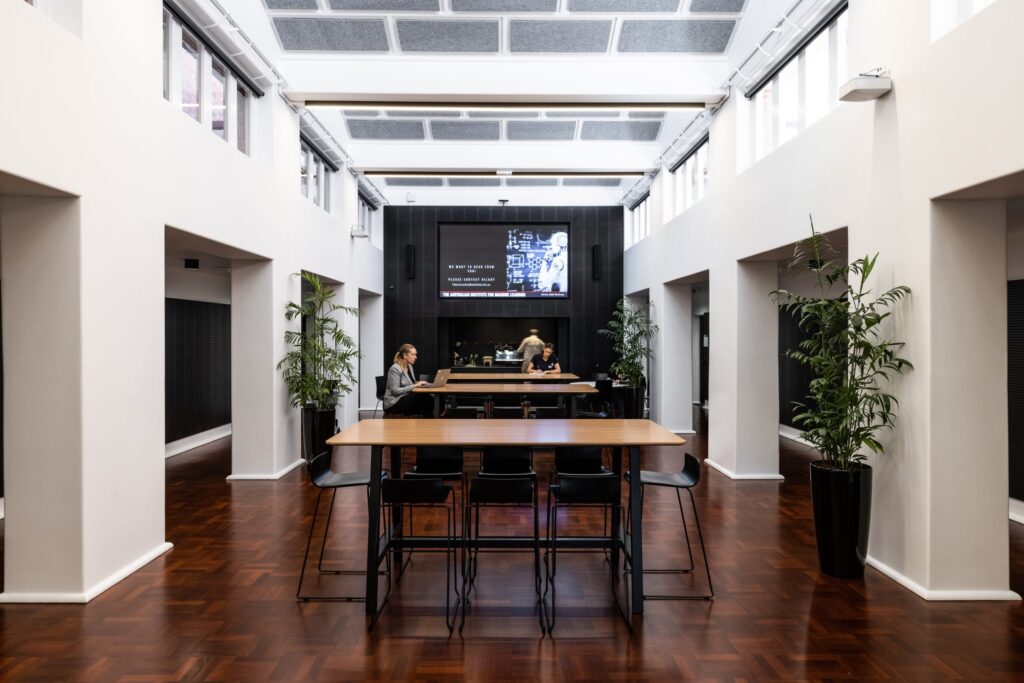
Tapping into AI to create the perfect beer
It takes more than just malt, hops, and yeast to craft the perfect beer, as most brewers will tell you. For many, the process of finding the perfect new flavour takes hours—sometimes months—of careful research and development.
AIML and Barossa Valley Brewing took this centuries-old art and turned it on its head, teaming up to create a new craft beer recipe entirely with AI.
The Rodney AI²PA, a fruit-driven IPA, was released for limited retail sale in early 2022 and is named in honour of Australian robotics pioneer Rodney Brooks.
The project was led by two machine learning interns from the University of Adelaide who created an AI neural network which studied more than 260,000 existing recipes to learn how to craft the perfect beer.
The network had about 60 data points for each recipe, and was able to describe ingredients and specific process information such as precise yeast fermentation temperatures.
Thirty recipe candidates were created and handed over to Barossa Valley Brewing, which in turn selected which one to brew.
While initially hesitant about using AI technology in the craft brewing process, Barossa Valley Brewing’s founder has since launched a spin-off AI beer startup.
The project has shown that AI isn’t just reserved for huge tech companies; by incorporating AI into their processes, smaller operators can now compete against the bigger players.
On the other side of the bar, AIML is also working with Australian startup company MyVenue to explore how AI can help predict food and drink sales at large sporting stadiums and concert venues.
MyVenue’s point-of-sale software draws on data from stadiums to help venues manage stock and labour costs and reduce waste. The system is also built to work offline, which allows workers to continue to take payments even without internet access.


Using AI to bring Hollywood heroes to the big screen
Hollywood has always relied on a little movie magic to bring its big-budget adventures to audiences around the world. Now the $100 billion global industry is tapping into South Australian AI technology to help bring its blockbusters to life.
AIML researchers teamed up with Adelaide-based visual effects company Rising Sun Pictures to create new AI methods of producing special effects for a slew of big-budget Hollywood films, including Marvel Studios’ blockbuster Shang-Chi and the Legend of the Ten Rings.
The VFX studio also used AI to help create a ‘baby Thor’ for the movie Thor: Love and Thunder, an entirely digital character modelled on the grandchild of a studio executive.
Making the child look realistic was one of the biggest challenges for the studio, including how his mouth moved, or light reflected off his eyes. The result was a photorealistic baby that audiences would believe was the real thing.
For the movie Shang-Chi, AIML’s technologists helped develop new AI techniques for Rising Sun Pictures to replace the faces of stunt performers in fight scenes with those of the lead actors.
This involved around 30,000 facial images across five characters and training five machine models in more than four million training iterations. The models were used for around 50 face replacements in six key action scenes.
Rising Sun Pictures believes that AI can help free up their VFX artists from tedious, time-consuming tasks and create amazing artwork their Hollywood clients will love. The collaboration produced spectacular results and the company is now seeing how far it take AI on the silver screen.
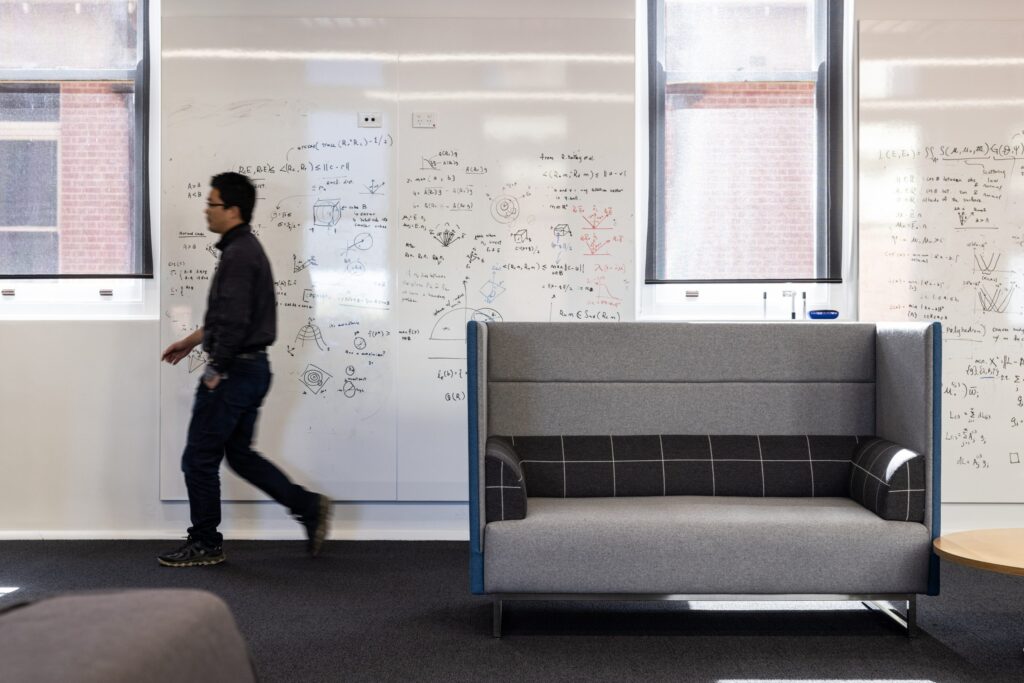
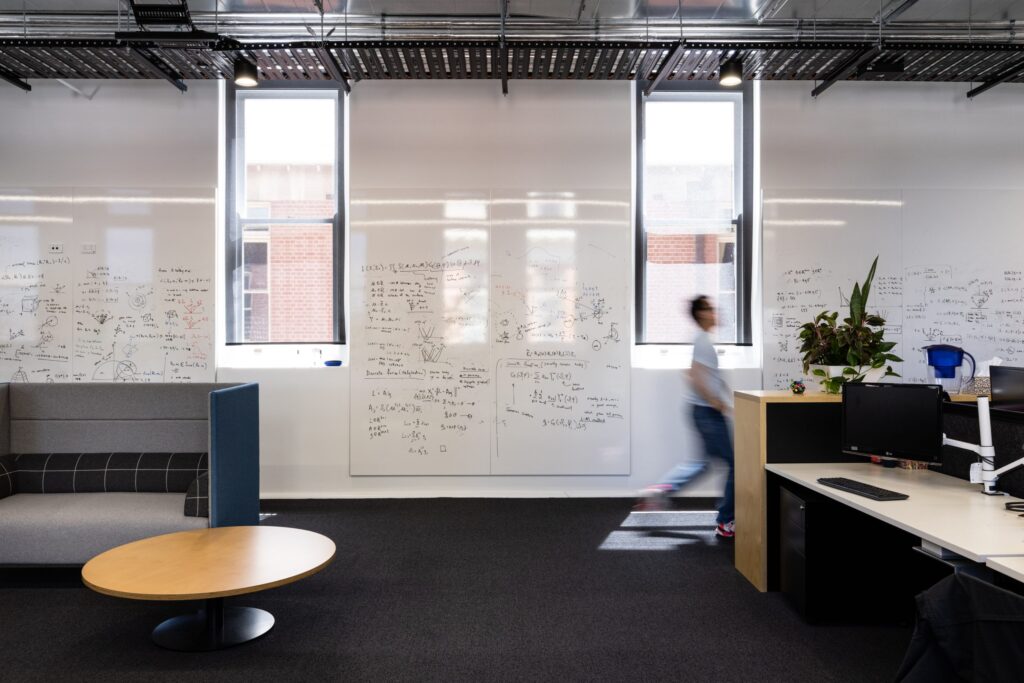
Imagining a better medical future with AI
Millions of Australians undergo medical imaging every year to diagnose a range of potential health problems. Radiologists and other doctors use this technology to obtain detailed information and help plot their patient’s treatment and provide a better level of care.
Medical imaging systems—such as those used in x-rays, MRIs, CT scans, and sonography—are increasingly incorporated with AI technology to assist doctors in making a diagnosis.
AI software models are trained on large datasets of medical images so they can learn how to analyse medical scans for signs of disease or injury, with similar or greater accuracy than that of human doctors.
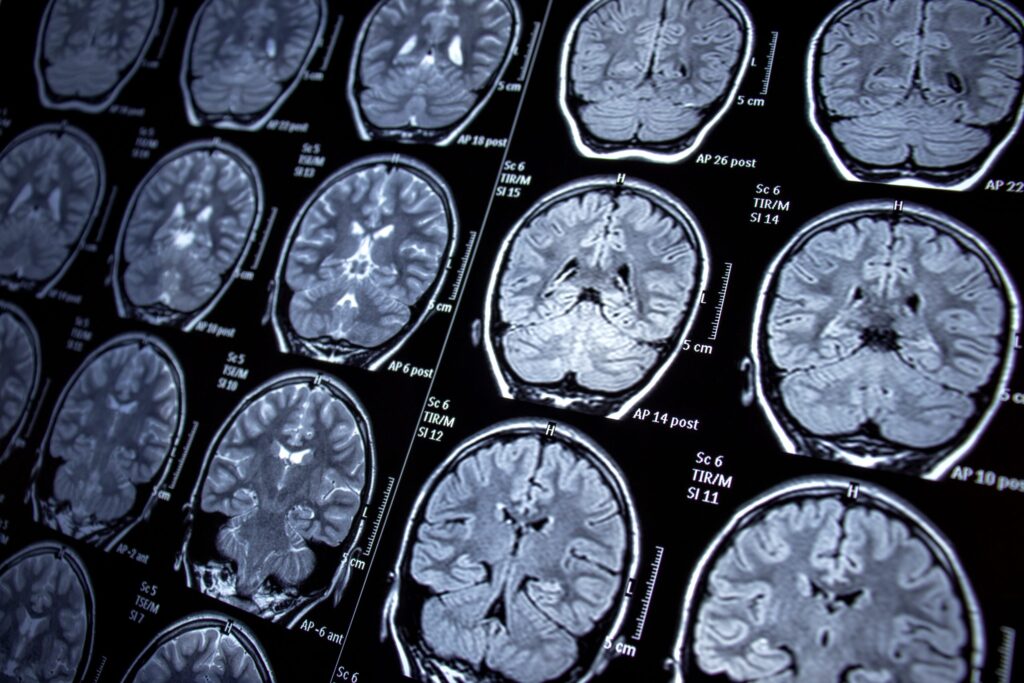

The technology is well-established in clinical practice, about 350 AI systems are FDA-cleared for use in the US. However, when using AI in a high-stakes field such as medicine, experts have to be able to understand the intricacies of the software’s decision-making process when considering a diagnosis.
AIML researchers are among those working to make sure AI is safe, ethical, and explainable. Understanding an algorithm’s decision making capability is crucial. Recent examples, such as AI systems accurately detecting a patient’s race from an X-ray, have left medical professionals stumped.
By ensuring AI is implemented safely, researchers believe it could transform our quality of medical care, with better decision-making and diagnostics; and potentially deliver a cost saving, allowing expanded healthcare access and coverage.
Elsewhere in medicine, the capacity for AI to provide fast and accurate pathology insights has significant clinical appeal for doctors, as it can assist in treatment planning for types of cancer, including whether chemotherapy should be considered.
AIML researchers are working on computer vision methods to automatically classify and count different types of cells in pathology imaging, which is traditionally a time-consuming task for pathologists.


